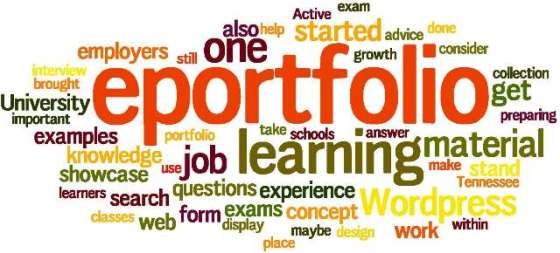Last Friday, I wrote a post over at Hack Library School in which I talked about the eportfolio and it’s uses, benefits, and potential. It generated alot of discussion, mostly positive towards the eportfolio. This is a recap of the discussion threads.
One commenter said that she shared her ep link with alot of potential employers, but not many of them looked at it. When she had interviews, none of the employers mentioned the eportfolio. So she finally gave up sharing the link and then she got a job. So her conclusion what that it wasn’t useful. And another commenter replied to that saying she has shared her eportfolio link and hasn’t gotten any interviews, so maybe she was onto something.
My thoughts on that are…let’s assume the ep doesn’t help you get an initial interview, but if you make it to the short list and it’s down to two or three applicants, then I’m certain the ep would give you that boost over the top.
Another person linked to an article in which a library hiring manager was very critical of the eportfolio. The author said she didn’t want to see a folder with certificates of participation, awards, and writing samples from a theory class. But I said that’s not really what an ep is. It’s not a scrap book. It’s a place to showcase your real world skills and synthesis and progression from a student to a professional.
There was another discussion on what was the proper way to share the ep with potential employers? Do you simply place a link in your resume or cover letter? One person said she removed her physical address from the resume and in its place put links to her ep and her Linkin page. So that’s something we could discuss in this class at some point.
Finally, another student from San Jose State said the most valuable part of the experience for her was reflecting on and synthesizing all the knowledge she gained throughout her program. She doubts potential employers will take the time to read through all the information, but she is a much stronger candidate now because she has a much more sophisticated understanding of all the concepts and can draw upon it during an interview.
So in all, I think the general consensus is that eportfolios are well worth the effort at least for the personal growth it produces, but the jury is still out on how much effect it will have on the job search.
